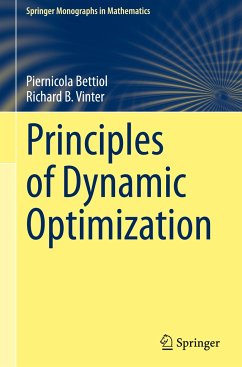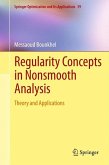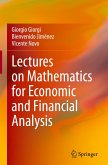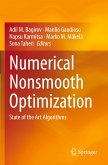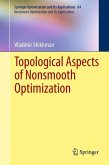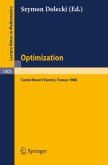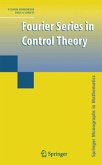This monograph explores key principles in the modern theory of dynamic optimization, incorporating important advances in the field to provide a comprehensive, mathematically rigorous reference. Emphasis is placed on nonsmooth analytic techniques, and an in-depth treatment of necessary conditions, minimizer regularity, and global optimality conditions related to the Hamilton-Jacobi equation is given. New, streamlined proofs of fundamental theorems are incorporated throughout the text that eliminate earlier, cumbersome reductions and constructions. The first chapter offers an extended overview of dynamic optimization and its history that details the shortcomings of the elementary theory and demonstrates how a deeper analysis aims to overcome them. Aspects of dynamic programming well-matched to analytical techniques are considered in the final chapter, including characterization of extended-value functions associated with problems having endpoint and state constraints, inverse verification theorems, sensitivity relationships, and links to the maximum principle.
This text will be a valuable resource for those seeking an understanding of dynamic optimization. The lucid exposition, insights into the field, and comprehensive coverage will benefit postgraduates, researchers, and professionals in system science, control engineering, optimization, and applied mathematics.
This text will be a valuable resource for those seeking an understanding of dynamic optimization. The lucid exposition, insights into the field, and comprehensive coverage will benefit postgraduates, researchers, and professionals in system science, control engineering, optimization, and applied mathematics.

